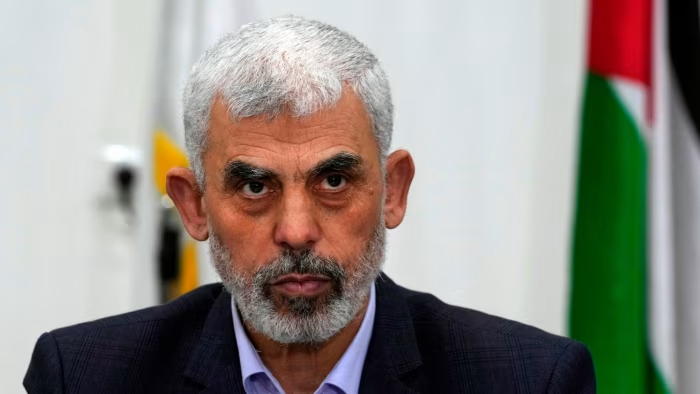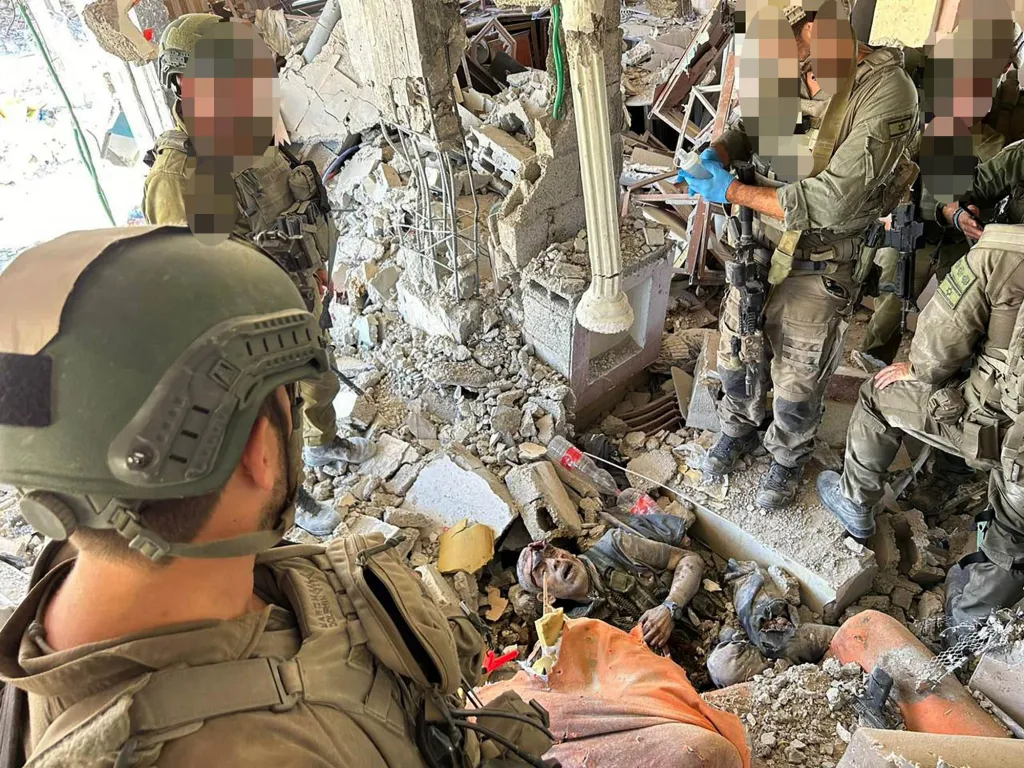Hamas political leader Khalil al-Hayya has officially confirmed the death of Yahya Sinwar, the group’s top leader in Gaza, marking a significant development in the ongoing Israel-Gaza conflict. This confirmation comes as Hezbollah, the Lebanese militant group, announces plans to escalate its fight against Israel, potentially opening a new phase in the broader Middle East conflict.

Al-Hayya, in a televised statement, reiterated Hamas’ stance on Israeli hostages captured during the October 7, 2023 attack, insisting that their release is contingent upon a ceasefire in Gaza and the withdrawal of Israeli forces. This position underscores the complex negotiations surrounding the hostage situation and the broader conflict resolution efforts.
The death of Sinwar, killed by Israeli forces in what appears to have been a chance encounter in Gaza, could significantly alter the dynamics of the war. Sinwar was considered the chief architect of the October 2023 attack on Israel that triggered the current conflict. His elimination was a top priority for the Israeli military in their campaign to dismantle Hamas’ political and military structure in Gaza.
Israel’s Prime Minister Benjamin Netanyahu, while announcing Sinwar’s death, emphasized that the war is not yet over. However, this development has sparked hope among various parties, including the families of Israeli hostages, for potential progress in negotiations. Ronen Neutra, father of an Israeli-American hostage, expressed belief that the war’s goals have largely been achieved, urging for a focus on hostage release.
In response to these events, Netanyahu is reportedly planning a special meeting to discuss hostage negotiations, signaling potential shifts in Israel’s strategic approach.

The conflict’s regional implications are becoming increasingly apparent. Hezbollah, an Iran-backed group like Hamas, has vowed to launch a new phase of fighting against Israel. The group claims to have used new types of precision-guided missiles and explosive drones against Israeli targets in recent days, including an attack on a military mess hall deep inside Israel that killed four soldiers.
Iran, a key supporter of both Hamas and Hezbollah, praised Sinwar as a martyr, framing his death as an inspiration for continued resistance against Israel. This rhetoric from Iran highlights the broader geopolitical tensions underlying the conflict.
As the situation evolves, Israel has activated additional reserve forces in its northern region to support troops engaged with Hezbollah in southern Lebanon. The Israeli military also reported killing two militants who infiltrated from Jordan, indicating the conflict’s potential to spread beyond its current boundaries.

The ongoing war has had devastating consequences, with over 42,000 Palestinians killed in Gaza according to local health authorities, and vast destruction of infrastructure displacing about 90% of Gaza’s 2.3 million residents. On the Israeli side, the initial Hamas attack resulted in approximately 1,200 deaths and 250 abductions.
As the conflict enters this new phase following Sinwar’s death, the international community watches closely for signs of de-escalation or further intensification. The actions of Hamas, Hezbollah, Israel, and regional powers like Iran in the coming days will be crucial in determining the trajectory of this complex and deeply entrenched conflict.



